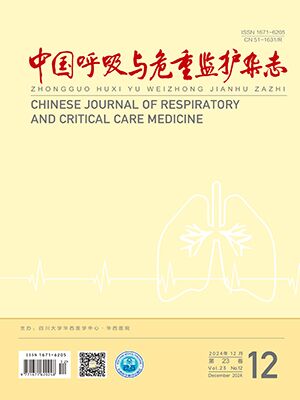Objective To explore the effects of exogenous ubiquitin on lung injury and serum nitric oxide ( NO) level of mice in the early stage of sepsis induced by cecal ligation and perforation ( CLP) . Methods Seventy-seven mice were devided randomly into three groups, ie. CLP Group ( n =28) , SHAM Group ( n =28) and UB Group( n = 21) . Six hours after operation, seven mice of both Group CLP and SHAM were sacrificed for lung and blood sampling. Meanwhile all mice of Group UB were injected intravenously with exogenous ubiquitin of 10 mg/kg body weight. Seven mice of each group were sacrificed at seven, eight and nine hours after operation. Lung water content and serum level of nitrate /nitrite ( NO2 /NO3 , the stable end-products of NO) , were determined. Pathological changes of lung were compared among the groups. Results Lung water content of Group UB was lower than that of Group CLP at each observational time point. Futhermore, there was a significant differentce in lung water content between Group UB and CLP at 9 hours. Pathological examination revealed that inflammatory hyperemia and infiltration of pulmonary parenchyma reduced in Group UB, compared with Group CLP. Serum NO levels of Group CLP and UB were similar at each time point. Conclusions In the early stage of murine sepsis induced by CLP, a single introvenous bolus of exogenous ubiquitin significantly decreases lung capillary vascular permeability, and probably makes a temporal reduction of acute lung injury while it has no obvious effects on serumNO level.
Citation: XING Juan,GUAN Xiangdong,OUYANG Bin. Effects of Exogenous Ubiquitin on Lung Injury and Serum Nitrite/Nitrate in Mice at the Early Stage of Sepsis after Cecal Ligation and Perforation. Chinese Journal of Respiratory and Critical Care Medicine, 2009, 09(5): 432-435. doi: Copy
Copyright © the editorial department of Chinese Journal of Respiratory and Critical Care Medicine of West China Medical Publisher. All rights reserved




